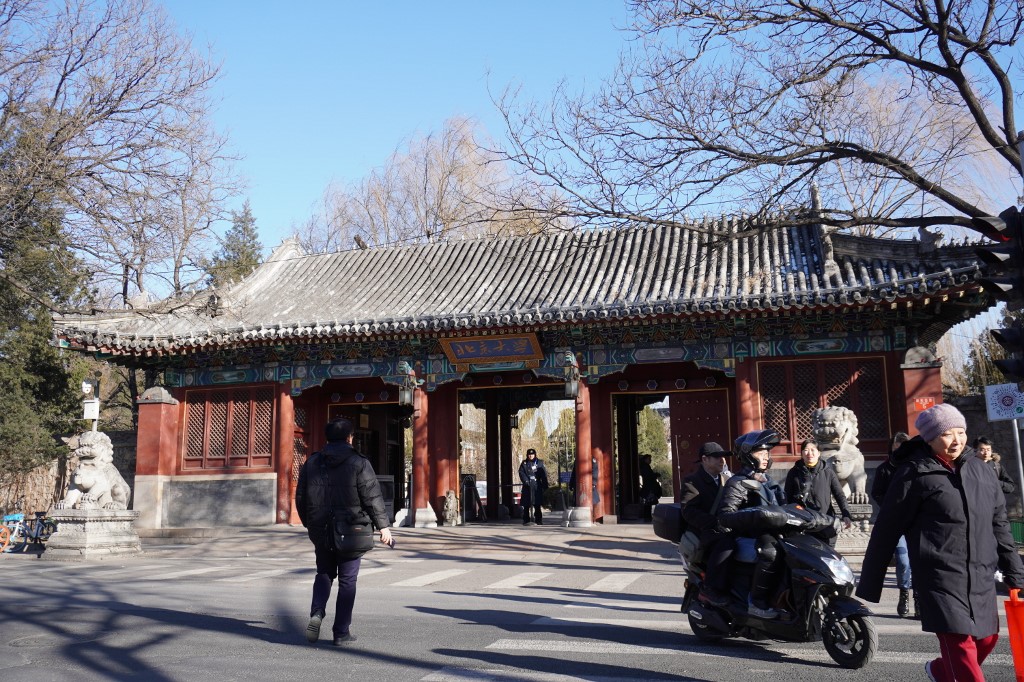(ATF) Investors in China’s corporate bonds received a wake-up call after recent defaults confirmed the restricted support offered by keepwell agreements.
The agreements reflect the intention of keepwell providers to support the issuing entities, in contrast to a debt guarantee, under which guaranteed bondholders have direct recourse to the guarantors.
The ongoing restructuring of Peking University Founder Group Corporation (PUFG) is the latest example highlighting the limitations of keepwell deeds, a structure used by some Chinese companies to support and facilitate financing to their subsidiaries, such as their issuance of offshore bonds.
The state-appointed restructuring administrator of the Peking University Founder Group refused to recognise about US$1.7 billion worth of keepwell deed claims as valid claims that were purportedly credit support for debts reportedly worth US$96 billion, following a creditors’ meeting in late April 2020, according to law firm Simmons & Simmons.
“In contrast, the administrator confirmed the validity of claims under the guarantee issued by the Group in respect of certain bonds,” the firm said. “The PRC court would take weeks or even months to hand down its decision on this issue; until then, whether the credit enhancement provided by the keepwell deed is worth anything at all remains a live question. No doubt many financiers will be anxiously awaiting the PRC court’s decision with bated breath.”
Declining popularity
Rating agency S&P Global estimated bonds with keepwell provisions account for nearly 15% of outstanding Chinese offshore dollar bonds, including financial institution and corporate issuers. “Many Chinese companies employ this type of structure, including property developers and local government financing vehicles,” it said.
“We note that the market doesn’t seem to differentiate between issuances that use a keepwell structure instead of a guarantee from the onshore parent.”
And even as the verdict on the creditor claims on the company which defaulted in 2019, the popularity of this structure is already on the decline, S&P Global said.
In 2017, issuance with keepwell provisions totalled $28.7 billion, or 14% of total offshore dollar-bond issuance for that year. By 2019, this dropped to $15 billion, or nearly 7% of the total. This compares to $61 billion in 2019 issuances that are guaranteed by the parent – roughly 27% of total offshore issuance last year, it observed.
“We expect the keepwell bond market to continue to shrink in the next several years, although some companies may still use keepwell provisions as this structure gives them flexibility without registering with SAFE,” the agency said.
Limited recourse
Keepwell deeds gained popularity in the past decade as credit enhancement tools for bonds and loans and to avoid the regulatory restrictions involving guarantees.
Since 2014, a Chinese corporation issuing a guarantee to an offshore subsidiary would need registration with China’s State Administration of Foreign Exchange (SAFE) and since the registration requirement was designed in part to control capital outflow, successful registration is not always guaranteed, Simmons & Simmons lawyers said in a note earlier this month.
“The practical consequence of non-registration of a guarantee is that the PRC parent will be prohibited from remitting funds outside of the PRC to comply with its guarantee obligations. The keepwell structure was therefore developed to overcome such registration requirement,” the law firm said.
“The recourse offered by the keepwell deed is relatively limited, compared to a corporate guarantee.”
It said the enforceability of keepwell structure has always been a known risk to financiers and if the Chinese court rules that this structure is unenforceable as a matter of law, financiers may have to restructure their existing bonds or loans by obtaining additional or alternative credit support, particularly if there is a risk that any bankruptcy or restructuring will take place in China.
























